Last month, when anti-abortion statutes passed in Alabama and Georgia, the memory of a photo rose from so deep in my brain I hadn’t known it was there. Shot in the spring of 1964, it was black and white, grainy, harshly lit. A dark-haired woman lies nude on her stomach on a carpeted floor, one arm thrown out, her legs drawn up beneath her. Between them, blood pools on a sheet, smearing her skin. She is dead. (You can see the graphic photo by clicking here. Warning: It is disturbing.)
The woman’s name was Gerri Santoro, and she was 28 when she died in a motel room of an air embolism during an illegal abortion. Ms. magazine ran the photo investigators took of Santoro in its April 1973 issue, four months after the Supreme Court decided Roe v. Wade. The accompanying article’s headline was “Never Again.” I was 19 years old at the time and read the words as both a statement of fact and promise. And yet here we are.
One of the joys of being young is believing in the concept of “forever after,” whether that means love or social change. And one of the burdens of age is discovering otherwise—that wheels spin, steps lead backward, and new vistas turn to waves of déjà vu: attacks on abortion rights, public displays of virulent racism and anti-Semitism, an organized assault on voting rights. How many times can you carry a placard down a city street—or in the 21st century, go onto Twitter—chanting the same slogans about peace, justice, and women’s rights and retain faith that what you do means anything? At the January 2017 first post-Trump Women’s March, my favorite signs were in the hands of older women. “I can’t believe I have to protest this again,” one said. The other: “I’m too old for this shit.”
Yeah, that’s how I feel, too. But what comes next is more complicated.
Read More: What You Don’t Know About the ERA Could Hurt You!
Time Warp
When I first saw Gerri Santoro’s image, it radiated a loneliness and terror that haunted me, but I didn’t identify with her. Born smack in the middle of the boomer years, I came of age to see sex as fun, fraught, profound, emotionally complicated, and, as I later understood, often political, but not something with the power to change my life, and certainly not to end it. Reliable birth control was readily available, even to a teenager—especially one, like me, who had her mother’s blessing—Roe was law, and HIV was years away. The era in which a woman might feel so trapped and desperate by an unwanted pregnancy that she would attempt to terminate in a dingy Connecticut motel room seemed ancient history.
The beginning of my own sexual life had coincided with contraception and Roe, but that hadn’t been true of friends and peers.
Of course something else time teaches you is that much of history isn’t distant at all. When I learned to look properly, I saw ugly shadows of the past right behind me. Women’s “right” to vote? That passed the year my own mother was born. Systemic sexist cruelty? My aunt told me about her time at New York City’s all-female Hunter College in 1940 and the male professor who called his students to their desks with the order, “All right, cows, in your stalls.” As a kid, I watched news footage of police assaulting African American civil rights activists with police dogs and fire hoses and lived in a home whose deed forbade sale to anyone “not of the Caucasian race.” In my junior high school, being a “faggot” could get a boy beaten.
The beginning of my own sexual life had coincided with contraception and Roe, but that hadn’t been true of friends and peers. I knew two girls who got “in trouble” and dropped out of school to get married—in the eighth and ninth grades. I later met others whose folks had money and whisked them out of the country to abort. One woman, just five years older than me, had flown alone as a teenager from L.A. to Japan. Her pregnancy wasn’t far along, but her milk came in when she was in on the flight back, and for 12 hours she’d just sat there and cried. Others found “help” closer to home. A friend who grew up in the 1950s had had an abortion on her parents’ dining room table. A man I dated in my 20s still felt terrible guilt about his high school girlfriend, who’d gotten pregnant pre-Roe, and whose “doctor” so botched her abortion that she lost her uterus and any hope of ever having children.
Read More: What Do Diana Ross and Gloria Steinem Have in Common?
Seeing Shadows
Learning to see those shadows made me feel grateful for what Roe gave, not just for my ability to safely end one pregnancy for which I knew I wasn’t ready and another that I deeply wanted, after an upsetting, bad-news amnio, but also for the choice given to friends: single, married, in love, abandoned young, edging toward menopause, even the one I drove to a clinic while I was struggling my hardest to conceive. They reminded me that the irrevocable decision to carry, birth, feed, raise, and love a child is an intensely personal one and belongs to the person who will actually do those things. And that now, when even the possibility of pregnancy is behind me, I need to point out the shadows to my 25-year-old daughter, who can no more imagine Gerri Santoro’s world than she can one of manual typewriters and rotary phones. Because here we are.
My 25-year-old daughter can no more imagine Gerri Santoro’s world than she can one of manual typewriters and rotary phones.
The curse of being of a certain age is the knowledge that nothing is forever, which is also a source of strength. Wheels spin and steps lead backward, but not all of them. College professors no longer feel free to insult their female students. Racially restricted housing covenants were outlawed in 1968. Every June, gay men and women celebrate Pride in cities across the nation. Working women are less likely to swallow their rage at a boss’s wandering hands than to call it out, loudly and publicly: #MeToo. If a lot’s left unfinished, if a lot’s been undone, that’s because, contrary to what TV dramas suggest, change isn’t a moment but a hard, long haul from which one doesn’t get to turn away.
“I can’t believe I have to protest this again,” the sign said. And “I’m too old for this shit.”
Yes, of course, but fuck it—so what? This is where we find ourselves. We fought, and we fight, and now that we have to, we’ll fight again.

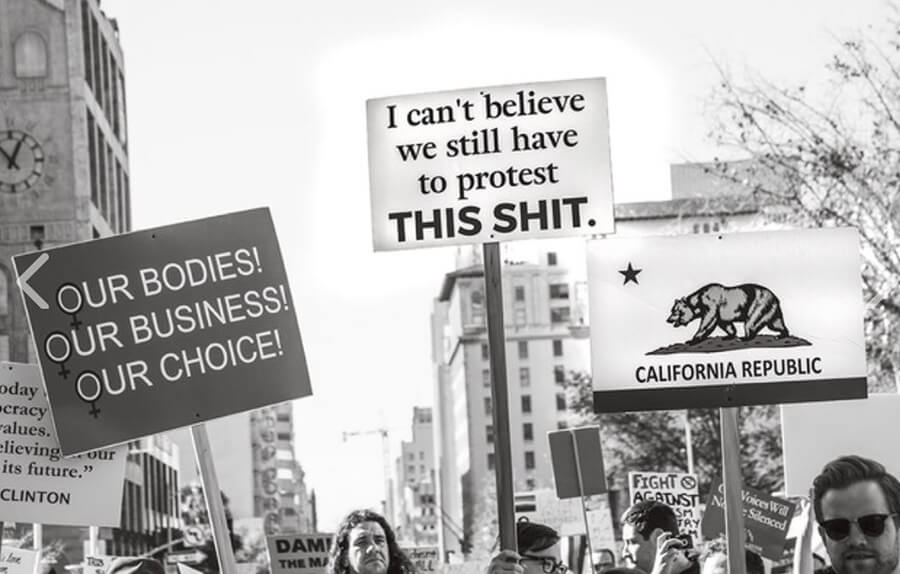




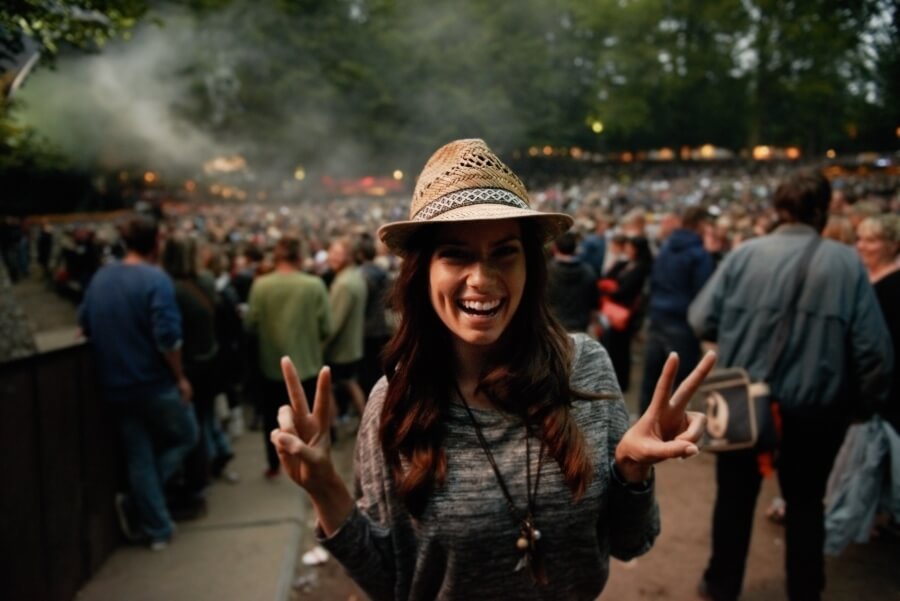
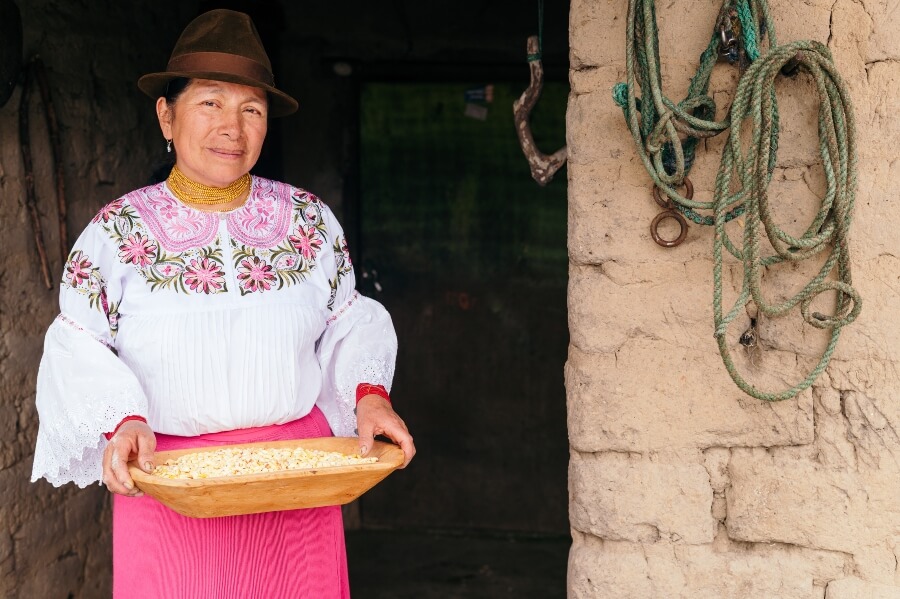
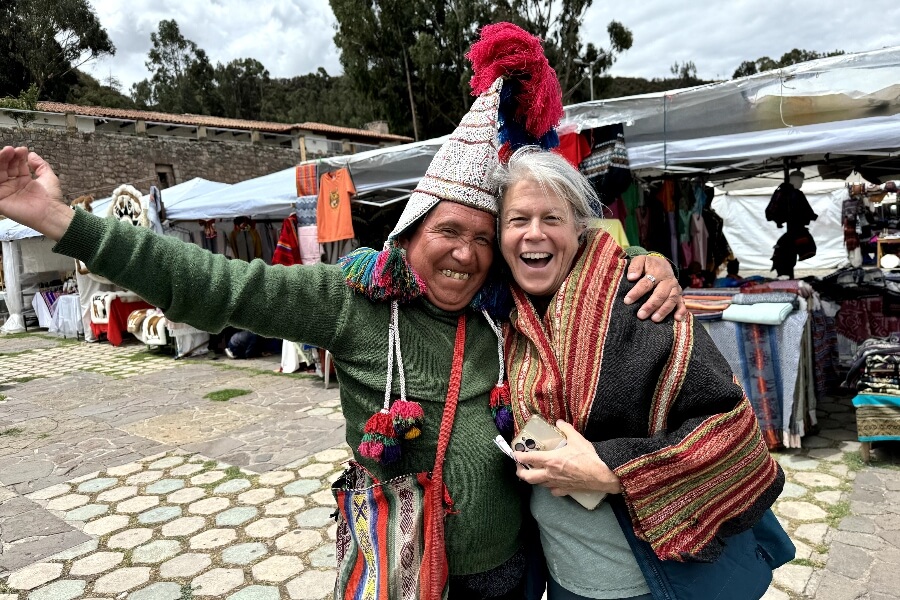

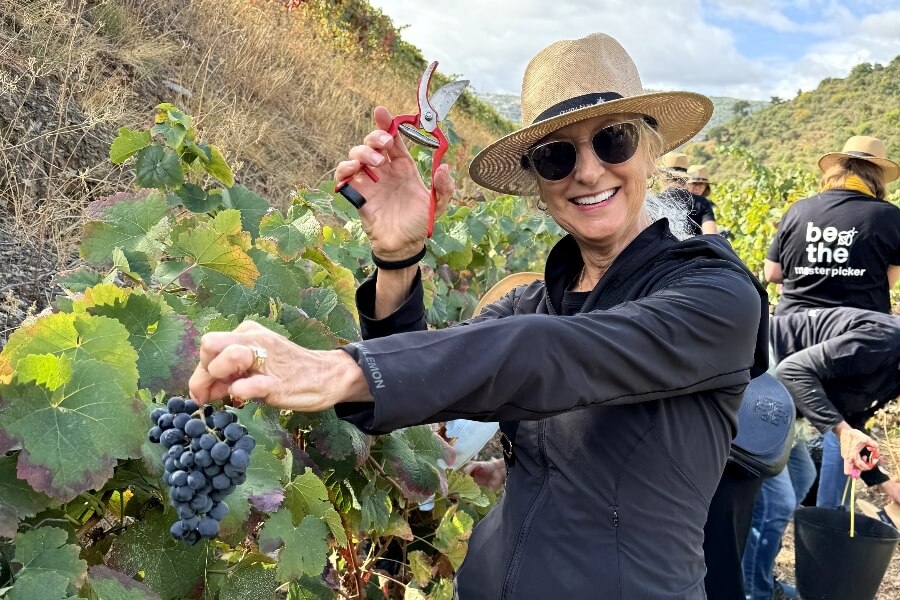
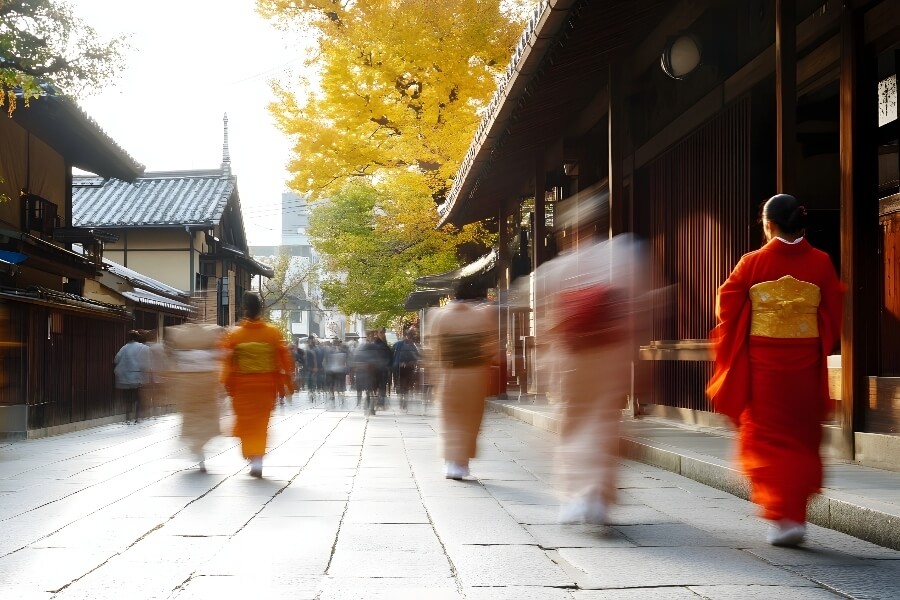
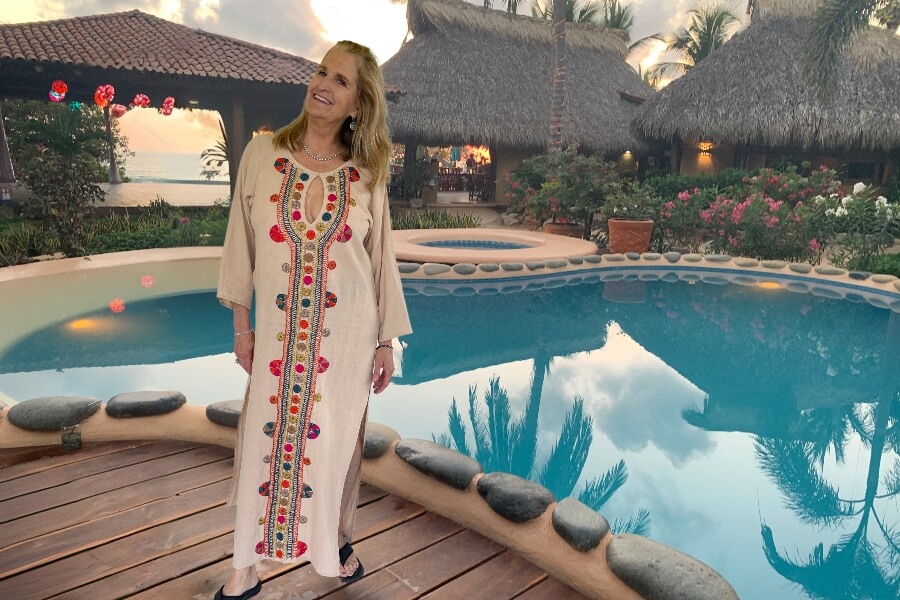




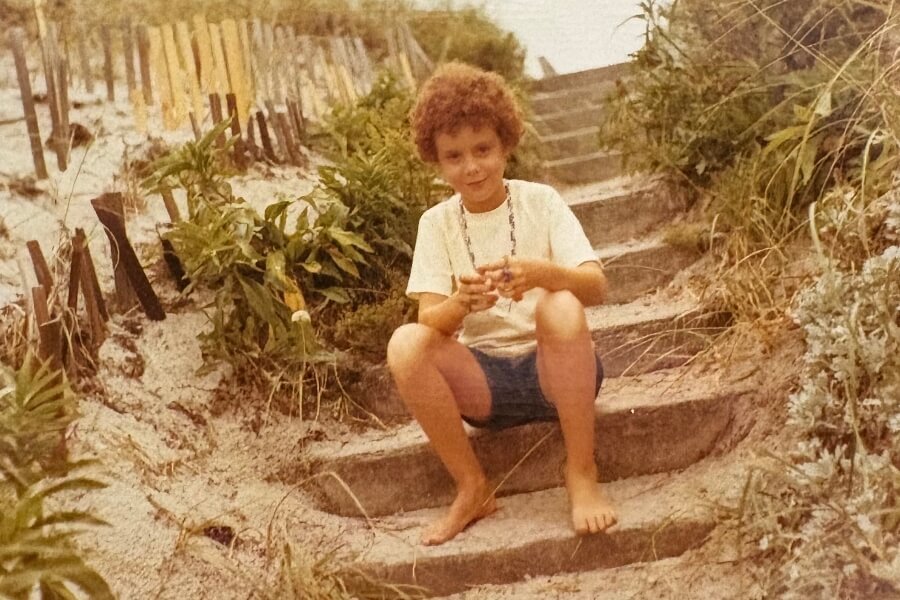

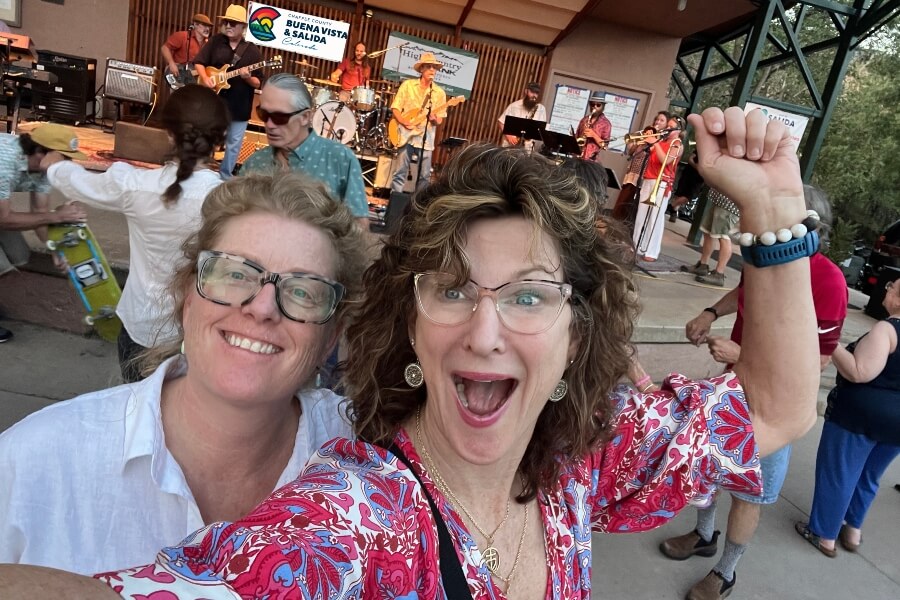



0 Comments